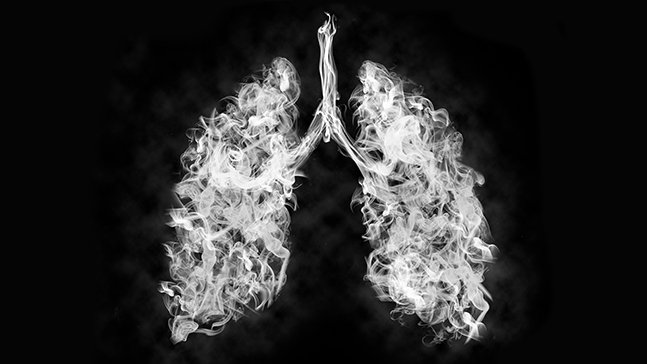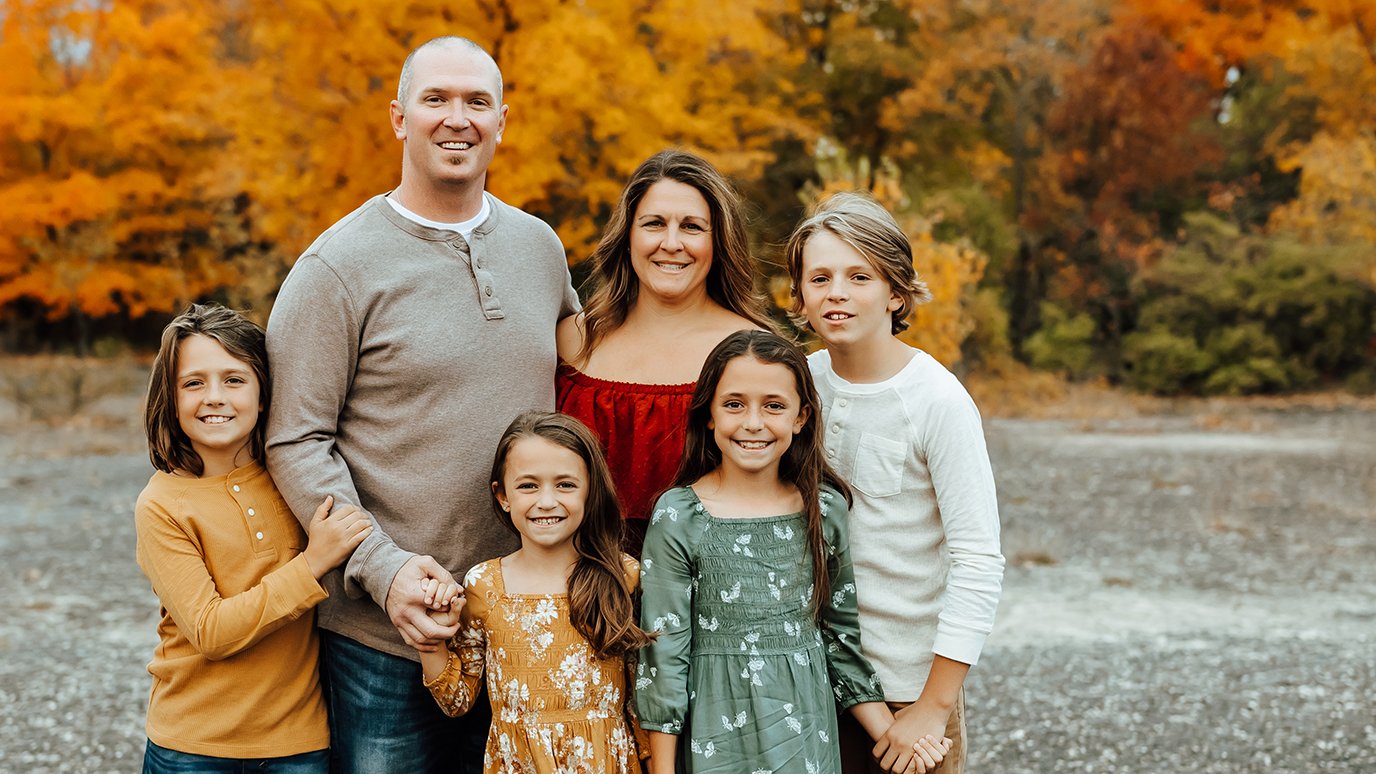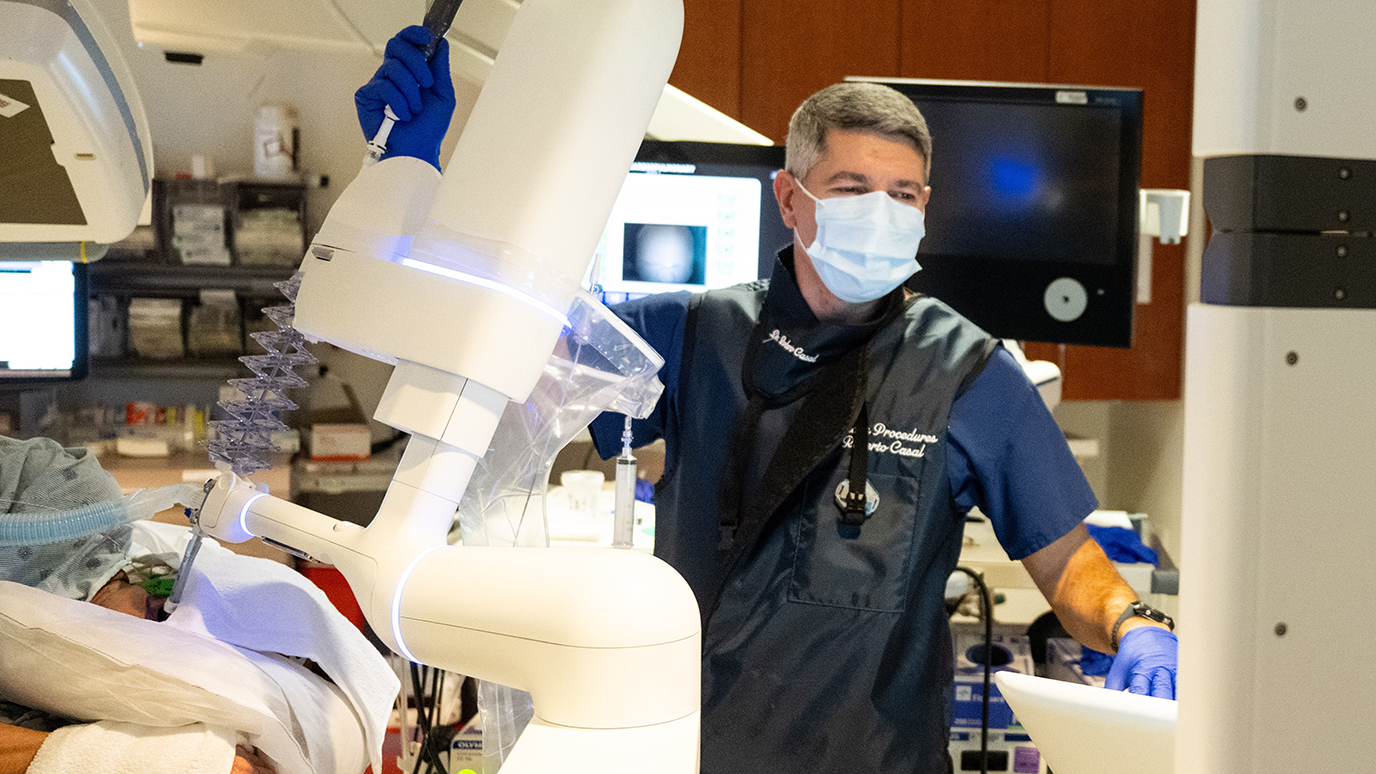- Diseases
- Acoustic Neuroma (14)
- Adrenal Gland Tumor (24)
- Anal Cancer (66)
- Anemia (2)
- Appendix Cancer (16)
- Bile Duct Cancer (26)
- Bladder Cancer (68)
- Brain Metastases (28)
- Brain Tumor (230)
- Breast Cancer (718)
- Breast Implant-Associated Anaplastic Large Cell Lymphoma (2)
- Cancer of Unknown Primary (4)
- Carcinoid Tumor (8)
- Cervical Cancer (154)
- Colon Cancer (164)
- Colorectal Cancer (110)
- Endocrine Tumor (4)
- Esophageal Cancer (42)
- Eye Cancer (36)
- Fallopian Tube Cancer (6)
- Germ Cell Tumor (4)
- Gestational Trophoblastic Disease (2)
- Head and Neck Cancer (6)
- Kidney Cancer (124)
- Leukemia (344)
- Liver Cancer (50)
- Lung Cancer (288)
- Lymphoma (284)
- Mesothelioma (14)
- Metastasis (30)
- Multiple Myeloma (98)
- Myelodysplastic Syndrome (60)
- Myeloproliferative Neoplasm (4)
- Neuroendocrine Tumors (16)
- Oral Cancer (100)
- Ovarian Cancer (170)
- Pancreatic Cancer (164)
- Parathyroid Disease (2)
- Penile Cancer (14)
- Pituitary Tumor (6)
- Prostate Cancer (144)
- Rectal Cancer (58)
- Renal Medullary Carcinoma (6)
- Salivary Gland Cancer (14)
- Sarcoma (236)
- Skin Cancer (296)
- Skull Base Tumors (56)
- Spinal Tumor (12)
- Stomach Cancer (60)
- Testicular Cancer (28)
- Throat Cancer (90)
- Thymoma (6)
- Thyroid Cancer (98)
- Tonsil Cancer (30)
- Uterine Cancer (78)
- Vaginal Cancer (14)
- Vulvar Cancer (18)
- Cancer Topic
- Adolescent and Young Adult Cancer Issues (20)
- Advance Care Planning (10)
- Biostatistics (2)
- Blood Donation (18)
- Bone Health (8)
- COVID-19 (362)
- Cancer Recurrence (120)
- Childhood Cancer Issues (120)
- Clinical Trials (628)
- Complementary Integrative Medicine (24)
- Cytogenetics (2)
- DNA Methylation (4)
- Diagnosis (230)
- Epigenetics (6)
- Fertility (64)
- Follow-up Guidelines (2)
- Health Disparities (14)
- Hereditary Cancer Syndromes (124)
- Immunology (18)
- Li-Fraumeni Syndrome (8)
- Mental Health (118)
- Molecular Diagnostics (8)
- Pain Management (62)
- Palliative Care (8)
- Pathology (10)
- Physical Therapy (18)
- Pregnancy (18)
- Prevention (898)
- Research (392)
- Second Opinion (74)
- Sexuality (16)
- Side Effects (604)
- Sleep Disorders (10)
- Stem Cell Transplantation Cellular Therapy (216)
- Support (404)
- Survivorship (322)
- Symptoms (184)
- Treatment (1776)
‘How I knew I had lung cancer’: Three survivors share their symptoms
3 minute read | Published October 18, 2022
Medically Reviewed | Last reviewed by an MD Anderson Cancer Center medical professional on October 18, 2022
Chest pain, shortness of breath and a persistent cough can all be symptoms of lung cancer.
But they can also be signs of other conditions, including heart problems, anemia and even a COVID-19 infection.
So, how do you know when it’s time to call a doctor?
“Some lung cancer symptoms warrant immediate attention,” says thoracic and cardiovascular surgeon Ara Vaporciyan, M.D. “Others just need to be looked at within two or three weeks. A constant symptom is more of a problem than one that happens only for a short time and then resolves on its own. And combinations of symptoms are more concerning than one is by itself.”
Here are the lung cancer symptoms that three of our patients noticed, in their own words.
Chest pain or pressure in the chest
“I started feeling some weird chest pains in the summer of 2013,” says Deborah Schroeder, who was 55 when she received a lung cancer diagnosis. “When you’re young, you feel invincible. And later, you think it’s never going to happen to you. But I knew something was wrong because up until then, I’d been pretty healthy.”
A nagging cough
Nancy White, a retired school teacher from Pensacola, Florida, was 71 when she was diagnosed in 2015.
“I developed a cough that wouldn’t go away. It seemed to get worse at night,” she recalls. “I tried to relieve it by taking antibiotics. I also underwent several allergy tests and saw an ear, nose and throat specialist. None of that helped.”
Shortness of breath
Ashley Stringer was only 34 when she was diagnosed with lung cancer in 2017.
“I began experiencing shortness of breath while exercising on a treadmill,” says the mom of two young children. “I’d noticed commercials about COPD on TV, but thought I was too young to have a chronic condition like that. Still, I had a gut feeling that I needed to have it checked out.”
See a doctor immediately if you have any of these lung cancer symptoms
Some “red flag” symptoms of lung cancer warrant immediate attention.
“Sudden or worsening shortness of breath needs to be looked into pretty quickly,” says Vaporciyan. “It can be caused by many things other than cancer, including heart problems. The same goes for chest pain. You don’t want to wait on that.”
Other possible symptoms of lung cancer that demand prompt attention include:
- Coughing up blood or rust-colored phlegm
- A change in your cough that is unrelated to signs of infection (fever, chills, malaise, etc.)
- Chest pain that’s constant or made worse by laughing, coughing or exercising
- Weight loss (late-stage symptom)
- Neck or face swelling (very late-stage symptom)
“Many smokers have a chronic cough,” Vaporciyan explains, “but if you develop a new cough or a worse cough that doesn’t improve with antibiotics in a couple of weeks, I would request some sort of imaging. That goes for non-smokers, too, because lung cancer is being diagnosed more and more frequently among people who have never smoked or used tobacco products. And any time you cough up blood, that needs to be looked into promptly.”
Lung cancer usually doesn’t generate a lot of blood, Vaporciyan notes. “So, you might not need to push your way to the front of the line. But you also don’t want to leave it for months on end,” he says. “I’d get it looked at within two to three weeks — especially if you have a history of smoking.”
If you’re a current or former smoker, you may be eligible for lung cancer screening. Use this lung screening calculator to find out. If you need help quitting, consider these resources.
Request an appointment at MD Anderson online or by calling 1-844-517-2078.
Related Cancerwise Stories

Any time you cough up blood, that needs to be looked into promptly.
Ara Vaporciyan, M.D.
Physician





